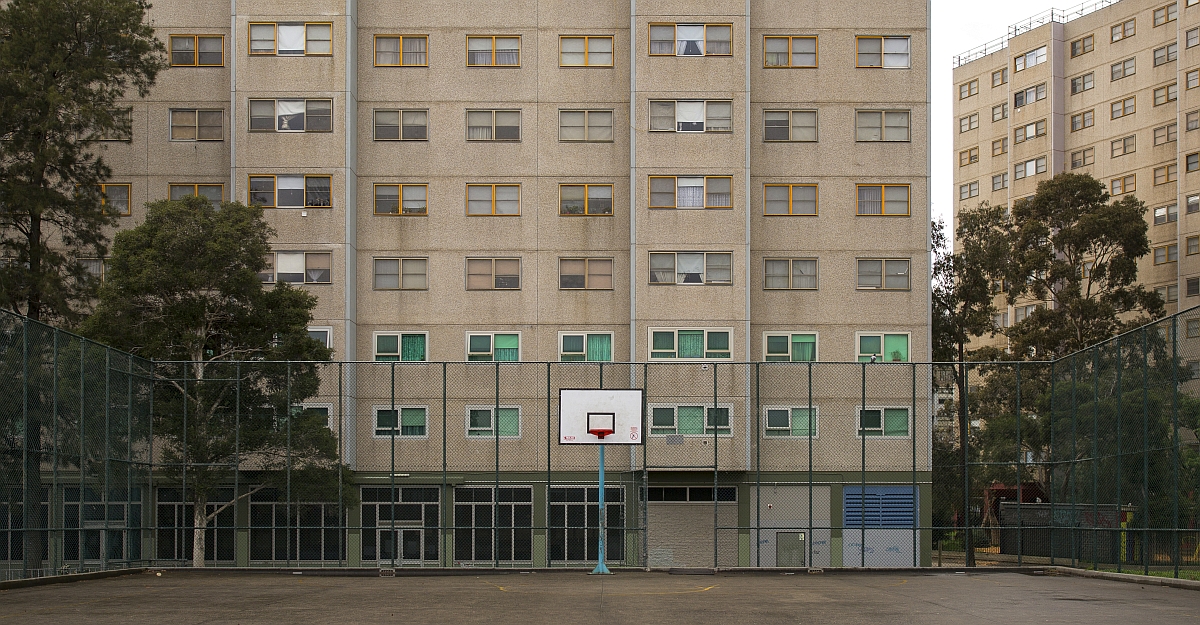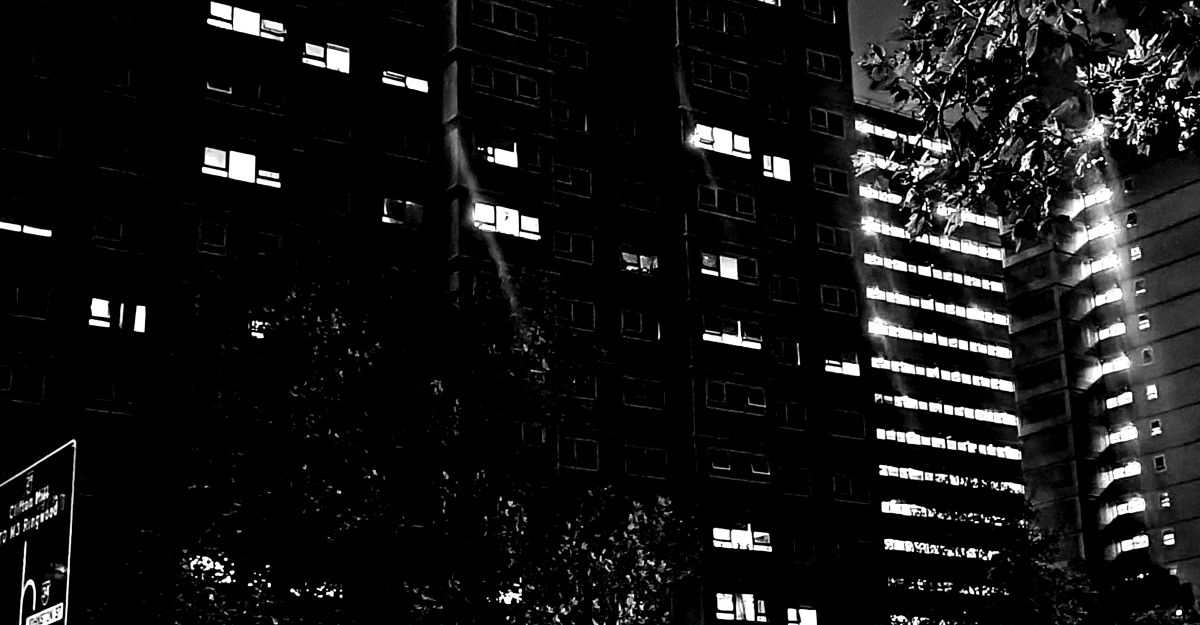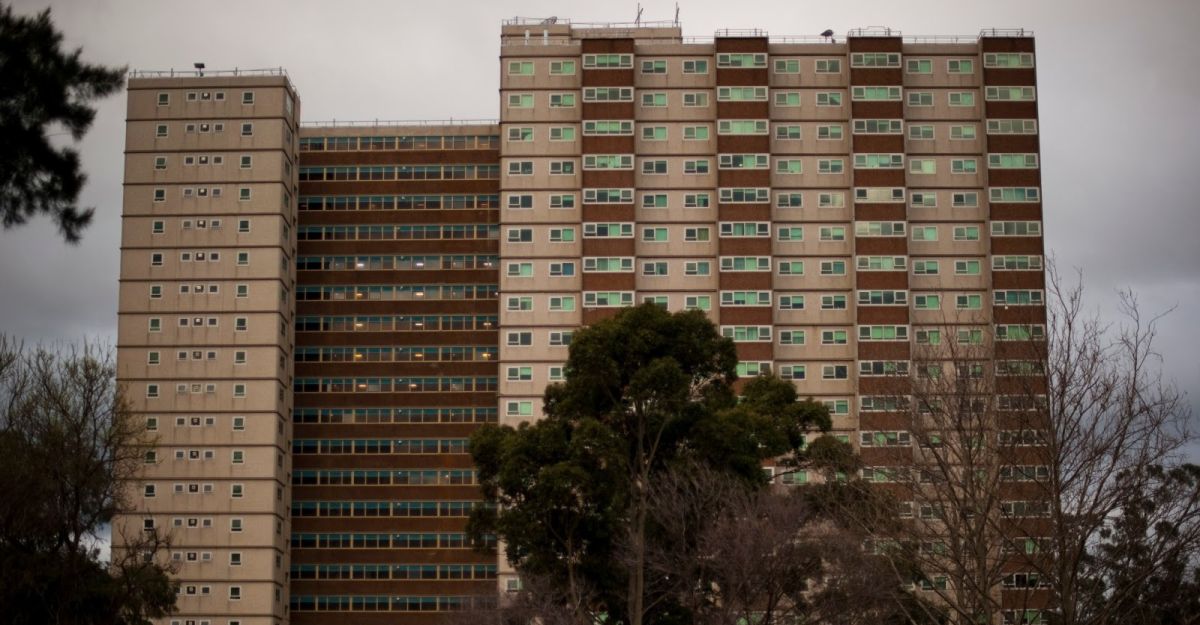On the 17th of January, 1788, over 1400 people set foot on the soil of Indigenous Australians, and began the process of stealing land. As convicts finished their sentences or were pardoned, they were given land grants. The same convicts who were given land in Australia, would never have owned land in Great Britain. In fact even today, half of the land in England is owned by less than 1 per cent of its population.
Ever since these beginnings, increasing land ownership has been part of colonial Australia’s cultural identity. The Australian dream is to own our own land, and any infringement upon this concept, no matter how small or large, is immortalised in the media – from The Castle to the popularised coverage of the Mabo decision. Renting was seen and is still seen by some as an embarrassing and temporary transition phase into home ownership.
Over the years, governments have encouraged this principle through taxation and monetary incentives such as subsidies, grants, capital gains tax exemptions and negative gearing, whilst simultaneously divesting from public housing and supports for those who couldn’t afford to own their homes. These irresponsible incentives have increased the concentration of wealth in the hands of those who own land, whilst also creating a class of people who will never own homes in their lives. 31 per cent of the Australian population are renters, and this number is steadily increasing.
Whilst these government policies have increased the number of renters, including people who will be renters for their entire lives – never entering into home ownership unless they inherit one — they’ve also created a political class of land-owners, with 86 per cent of federal politicians owning at least one house.
Sometimes when we talk about class struggle, we use the word ‘elite’ instead of ruling class — in order to avoid certain Marxist connotations associated with the term. When it comes to housing in Australia, I’m going to specifically refer to our ruling class: the social class of people who set the country’s political and economic agenda. These include the political class and the landlords whose interests they represent, embodied by developer and real estate peak organisations such as the Real Estate Institute of Australia.
The tale of masters and servants is as old as time, and it always goes a little something like this: the ruling class decides where and how the serving class gets to live, the conditions in which they live, as well as the specific issues they struggle with. This continues until the serving class has enough and organises. Sometimes violently.
But what does the tale of masters and servants have to do with renting?
Successive governments in Australia have created a servant class in Australia. A group of people subject to the whims of landlords, required to pay the mortgage on a property they do not own in order to access the human right of housing.
Politicians in Australia are overwhelmingly landlords. In fact, on average – Federal Members of Parliament own more than 1.3 investment properties, in addition to the house (or often, houses) they list as their residences. These same people write and vote on the laws which dictate the relationship between landlords and renters. It is in their best interests to offer renters poor protections in order to maximise their profits, and they certainly do. After all, that’s capitalism, baby.
The ruling class is incentivised to increase their wealth through home ownership by ensuring that the renting class continues to grow. If more and more people cannot afford their own home, then the value of the homes politicians own continues to increase.
Politicians know that it’s not a good look to have an increasing amount of their population experiencing housing insecurity, but they also know that if they do something about it, they’ll reduce their own wealth, as well as the wealth of those who predominantly vote for them — and fund their campaigns, As a result, we get a lot of passionate speeches about the housing crisis, and then little to no action. In fact, the only action that does occur, is action that will continue to inflate the price of housing, like selling public, government-owned housing to private developers in order to convert those dwellings into profit-generating sources.
The problem is that although 31 per cent of Australians are renters, renters don’t vote together. And since they don’t act as a voting bloc, the ruling class is not concerned.
Unless renters organise effectively, the ruling class will not pay attention to anything that does not increase the value of their investment properties. Australia has a rich history when it comes to organising, especially for tenants’ rights and housing. If we look to the former Tenants Union of Victoria which successfully campaigned for a Residential Tenancies Act in 1980, and the Builders Labourers Federation in New South Wales during the same time period successfully using green bans to encourage investment in public housing, we know that organising is not only possible, but successful. Unions in Australia were instrumental when it came to giving people access to homes.
Although trade union membership is at an all-time low — particularly among young Australians, who are hit the hardest as renters — grassroots organising is gaining more traction than ever. You only have to look at how many people you saw at your most recent polling centre during the referendum. Most of them were organising and campaigning for the first time in their lives. Perhaps an opportunity exists for unions to increase their membership by taking action when it comes to issues affecting young people, like housing insecurity – in the same way they took action on engineered stone when the ruling class failed to do so.
To organise — and to share our stories
Where does that leave those who don’t own their own home? We can’t boycott housing, because we need it to survive, and we can’t raise our voices alone because it’s not safe. There are countless stories of renters speaking up or even simply writing google reviews that result in them being blacklisted from housing. Real estate agents and landlords are so offended by honest feedback that, in an alarming show of solidarity, they call their other real estate agent mates or fellow landlords and ensure that the renter who spoke up cannot access something that is a fundamental human right, instead of taking action to address their own shortfalls. A very public example made the news after comedian Tom Cashman asked for a reference from his landlord. Not only was Cashman’s application rejected, but future applications resulted in real estate agents questioning whether he should be given access to housing – over something that was literally just a request for a reference.
We need to organise, and we’re starting to see it happen. The Renters and Housing Union is one of the fastest growing unions in the country, and it’s gaining membership in areas where trade unions are seeing theirs fall. As a result of this and the efforts of others, we are seeing more and more people speaking up about their rental horror stories.
It’s important for trade unions to take up this cause, not just because it will increase their membership, but because it is the duty of unions to improve the conditions of the working class, and reject the notion of keeping working people in ‘their place’.
Until now, renters have not had a safe space to voice their experience when it comes to shoddy housing. This is in part, due to the way defamation laws work in Australia, and the incredibly high risk of negative feedback in a rental reference check from a landlord or property manager. But things are changing. Renters can now share their stories together on shitrentals.org and warn each other about dodgy agencies, properties and landlords.
Some of the stories that have already been shared show not only the horrible state of Australia’s housing landscape, with hundreds of images uploaded showing mould in its various stages of progression, caved-in ceilings and electrical work that could only be the product of a drunk landlord — but also the more insidious nature of the real estate industry. For example, a review details the experience of someone who graffitied the words ‘cockroach family’ over the front door of an immigrant family. The real estate agency in question refused to paint over the graffiti, in the interest of saving a minimal amount of money. The family renting the property, in turn, were afraid to paint over the racist graffiti in case they upset the agency or landlord. When they eventually left the rental, the graffiti was removed in a matter of days.
These are the unacceptable situations that shitrentals.org is bringing to light — the stories of a servant class who have had enough.
Image: Daniel Walker



